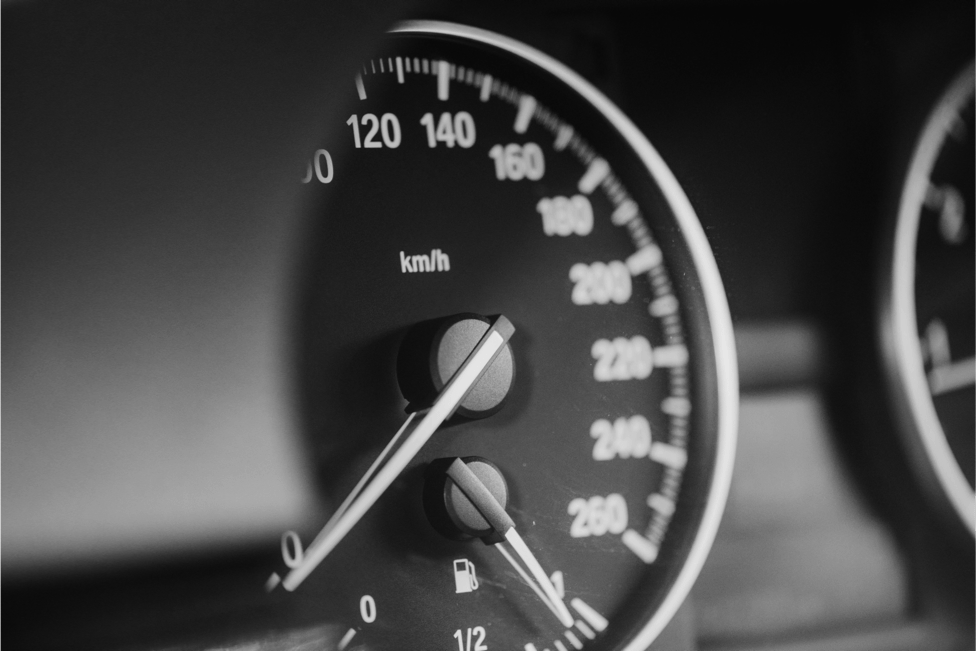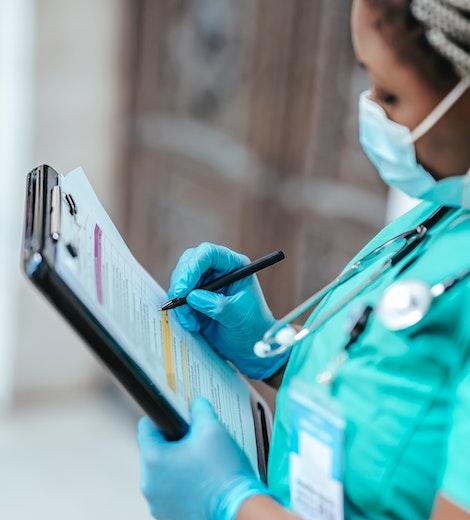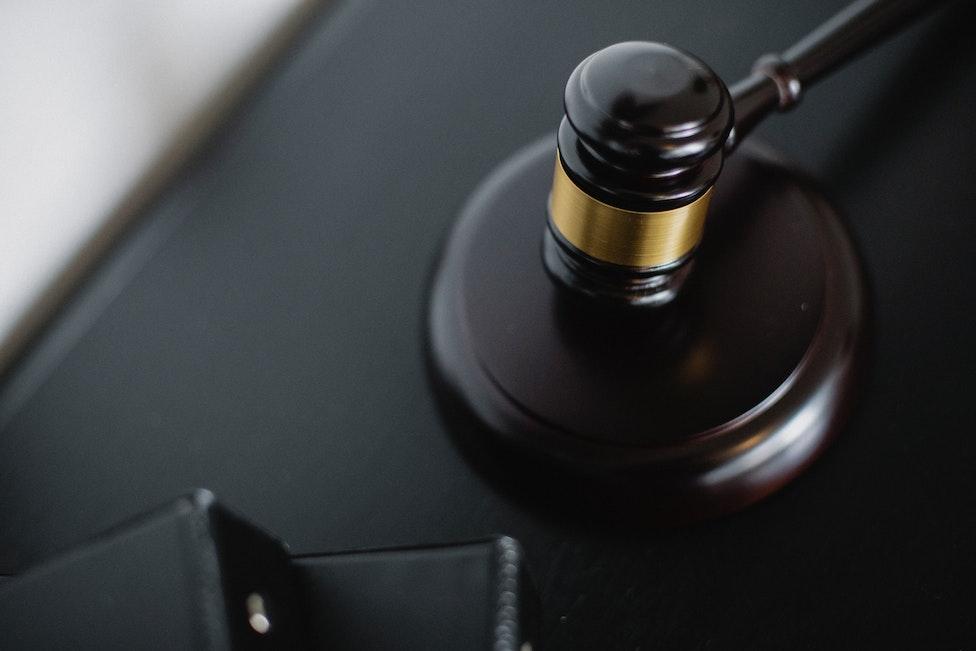Pursuing compensation for car accident injuries requires proof of your losses and damages. One of the losses you’ll be seeking compensation for is medical bills, and potentially future damages if your injuries are severe. In either case, you’ll need proof of your injuries and their extent and severity. Failing to document your injuries after a car accident can therefore ruin your chances of recovering comprehensively after a collision.
If you’re unsure about how to properly document your car accident injuries to preserve your rights, get in touch with CarAccident.Law for insight and guidance.
Call 911 at the Scene of the Accident
Unfortunately, car accidents are on the rise in Massachusetts. Statistics indicate that car accident fatalities were at an 11 year high in 2021, and 2022 was even worse. When a fatality occurs, it makes sense to call the authorities. When injuries don’t seem that substantial, however, the involved parties might feel inclined to leave the authorities out of it.
That’s not a great decision. Instead, you should always call 911 and ask that police and an ambulance be sent to the scene of an accident if there is any property damage and/or any possible injuries. When Emergency Medical Service (EMS) personnel arrive, allow them to check you for injuries, even if it feels like you’re fine. The rush of adrenalin could be making it hard to detect head injuries or broken ribs, for example. When police arrive, they will document the accident by filing a car accident police report, and you can ask them to include any injuries noted by EMS personnel.
This invaluable report can later serve as evidence that an accident did occur, who was involved, and any injuries documented at the scene. This police report will help you document what happened, which can help prove where your injuries came from.

Victims of Car Accidents Come to Us First
Car Accident Do’s and Don’ts
The shock of a car accident can be overwhelming in the moment, leaving uncertain about what to do. Here are some tips for what to do and what not to do after a motor vehicle collision.
Get Medical Treatment as Soon as Possible
After getting checked out by EMS at the scene of the accident, you should let them take you to a hospital for further examination and documentation of any known injuries and invisible injuries you might otherwise be unaware of. This process will help establish the beginning of a timeline for your car accident injuries.
Importantly, if you wait too long to seek medical care, your claim for compensation could be denied on the basis that if your injuries aren’t bad enough to necessitate immediate medical care, then they don’t need to be compensated. Additionally, opponents of your claim may attempt to say that you made your injuries worse by delaying care or that your injuries actually stemmed from something other than the car crash.
Did you know that failing to get timely medical care could derail any future claims for compensation after a car accident?
Save Your Medical Bills and Ask for Copies of Diagnoses
As you receive your medical care, be sure not to leave the office without getting copies of both your medical bills for the visit and any diagnoses you received.
For instance, if your doctor determined that you have a broken arm after your crash, be sure to ask for a copy of a medical diagnosis for your records.
Car accidents can lead to all types of injuries. If you have a serious or severe injury, then make sure not to leave your doctor’s office without asking for copies of your treatment plan. You need to understand what your future medical care needs will be. Otherwise, you won’t be able to pursue compensation for your estimated future accident related losses.

Take Photos and Document the Effects of Your Injuries
While you are receiving medical treatment, take photos of your injuries every few days to document their progression over time. You can also keep a journal about how your car accident injuries impact your ability to function and participate in day-to-day activities.
For example, you should document any pain you experience while:
- Changing your clothes
- Maintaining your own personal hygiene
- Completing house chores
- Performing work tasks
- Anything else that has been made difficult or impossible by your injuries
Additionally, loved ones can document how your injuries have impacted your life, as well as whether and to what extent they help take care of you. For instance, if someone visits your home every day to help you, they should write down what time they arrive and leave, as well as what tasks they helped you perform and/or performed for you. This documentation helps showcase the severity of your injuries and their debilitating effects.
Once you’ve gone through the process above, you can explore your options for financial recovery. If your accident took place in a no-fault state like Massachusetts, your first source of recourse is your own insurance policy. If your losses exceed your policy limits, then you may have the opportunity to file a civil car accident lawsuit if the other driver was at-fault for the crash. If you think you might have the basis to pursue a civil lawsuit, discuss your situation with the professionals with CarAccident.Law. We can advise you on how to proceed and connect you with attorneys who can offer exceptional legal representation in civil court.

Need Help Filing a Lawsuit?
STEP-BY-STEP GUIDE TO FILING A CAR ACCIDENT LAWSUIT
Here are some steps you can take to file a civil lawsuit after an auto collision. Consider working with legal counsel to maximize your chances of success in a car accident lawsuit.
Documenting Your Injuries Protects Your Right to Compensation
While going through the process of documenting your car accident injuries is time-consuming, it’s well worth the effort. Documenting your injuries protects your rights to pursue an insurance and/or civil claim. If you don’t take the proper steps in preserving evidence of your injuries and their effects, you might later struggle to recover any compensation you could have otherwise collected. Call CarAccident.Law today for more insight on how to properly document your injuries after a motor vehicle collision.






